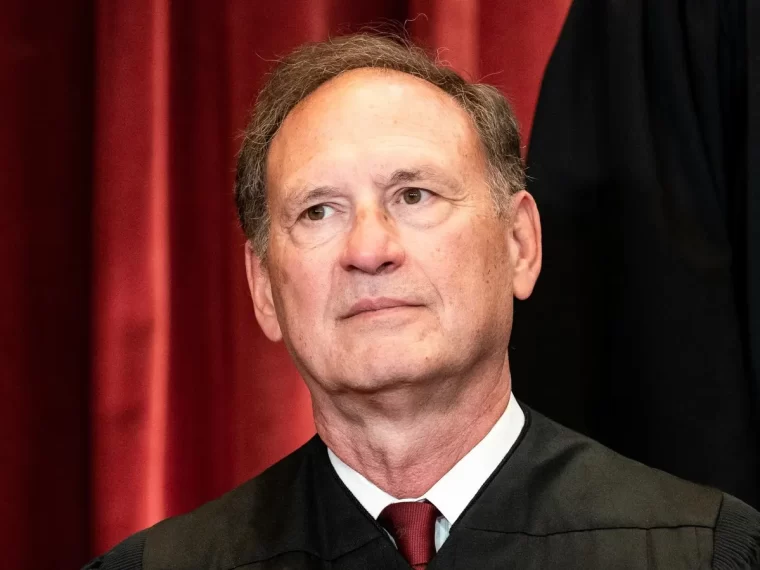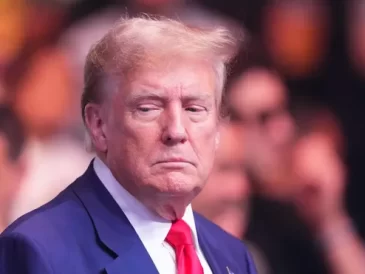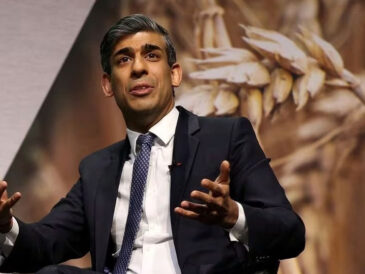Chief Justice John Roberts has declined to intervene in Justice Samuel Alito’s decision not to recuse himself from Supreme Court cases related to the 2020 election and the January 6 Capitol attacks.
In a letter addressed to the Senate Judiciary Committee, Roberts refrained from commenting on Alito’s stance, asserting that recusal determinations fall within the purview of individual justices in accordance with the court’s ethics code.
Furthermore, Roberts rebuffed the committee’s request for a meeting to discuss ethical concerns surrounding the court, citing the importance of judicial independence and noting that the invitation was extended solely by Democratic members of the committee.
Roberts expressed his reservations about participating in a meeting that involved leaders from only one party, underscoring the potential pitfalls of such a scenario.
Meanwhile, Alito has come under scrutiny following reports that flags associated with the “Stop the Steal” movement were displayed at his residences in Virginia and New Jersey.
In a letter to congressional Democrats, Alito invoked the issue of partisanship in explaining his decision not to recuse himself. He contended that individuals unaffected by political or ideological motivations would agree that recusal is unwarranted.
Alito clarified that the flags were raised by his wife and did not signify support for the “Stop the Steal” movement, emphasizing his own disinterest in such displays.
The Supreme Court is currently deliberating on two cases related to efforts by former President Donald Trump and his allies to challenge the outcome of the 2020 election, with significant implications for pending criminal charges against Trump for election interference.
Senator Dick Durbin, chairman of the Judiciary Committee, criticized Alito’s refusal to recuse himself and highlighted the need for an enforcement mechanism for the court’s ethics code. Durbin cited concerns about bias and fairness, particularly in light of the display of the American flag upside down at Alito’s residence, which he viewed as a symbol of defiance.





